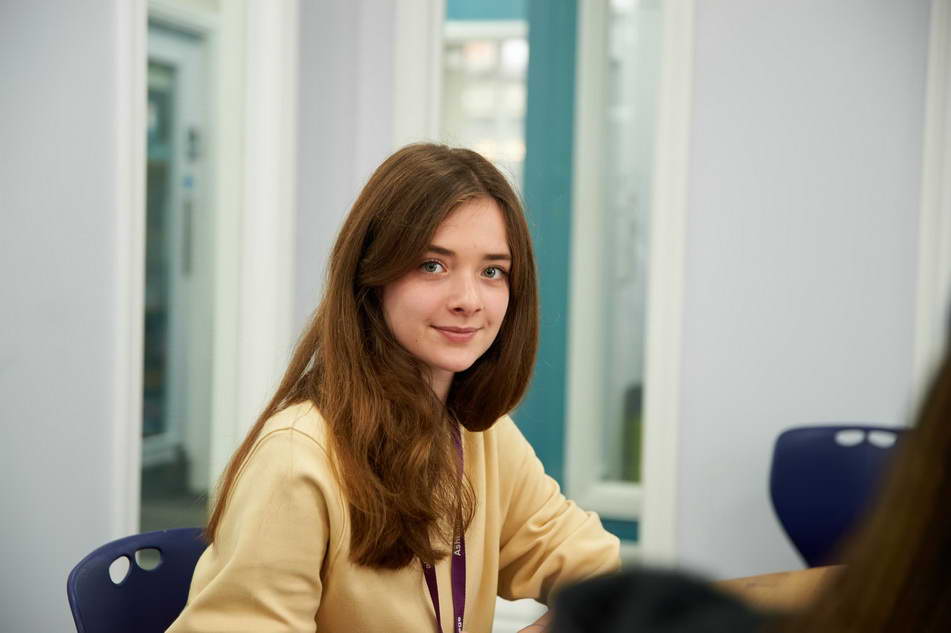A Level Classical Civilisation Course
Ashbourne has a long tradition of offering Classical subjects and providing courses that are tailored to suit the needs and interests of students, including those wishing to specialise in Latin or Ancient Greek.

Ashbourne has a long tradition of offering Classical subjects and providing courses that are tailored to suit the needs and interests of students, including those wishing to specialise in Latin or Ancient Greek.

A level Classical Civilisation students get to explore the ancient world through heroic tales, comic drama, Greek tragedy and art. You can hitch a ride with Homer’s Odysseus and Virgil’s Aeneas on their epic adventures as well as taking front row theatre seats to experience the drama and tragedy in plays by Aristophane, Menander and Plautus, and Aeschylus, Sophocles and Euripides.
Examining such ancient and classical civilisations reveals their deep roots within literature, art, politics, philosophy and theatre. So this is a great course for those also studying English, Drama, Politics, Philosophy, Art and History of Art.
Students on this course are encouraged to take advantage of what London has to offer to discover the ancient world through theatre, art and events including productions of ancient plays, British Museum visits as well as taking part in the annual Oxford and Cambridge Classics open days.
Every year Ashbourne students have the chance to visit a major European city, such as Rome, Athens, Madrid, Florence and Barcelona, during the Spring half term. The trip is an extremely popular cultural experience and a great opportunity for A level Classical Civilisation students. It is also a real highlight of many students’ time at Ashbourne.
A level Classical Civilisation can be combined with other Arts, Humanities and Social Studies subjects such as English, History, Art or Psychology and offers students an excellent foundation for many university courses.
Students of Classical Civilisation enjoy success in a huge variety of careers from journalism to accountancy, and from management to publishing.
1. Why should I study A-level Classical Civilisation?
A-level Classical Civilisation allows you to explore the ancient world through epic poetry, Greek tragedy, Roman comedy, and art. It’s a respected subject that complements English, Drama, Politics, Philosophy, Art, and History, and builds strong analytical and critical thinking skills.
2. Which exam board specification does Ashbourne follow?
We follow the OCR specification for A-level Classical Civilisation. Students study a range of texts in translation, examining their literary, social, and historical contexts.
3. What topics are covered in A-level Classical Civilisation?
Students study Homer’s Odyssey, Greek tragedy, Virgil’s Aeneid, Homer’s Iliad, and poetry by Sappho and Ovid, alongside philosophy from Plato and Seneca. Topics include love, relationships, heroism, and society in the ancient world.
4. What is the difference between AS and A-level Classical Civilisation?
AS-level students study one epic poem and three plays, while A-level students explore two epic poems, three plays, and additional extracts from classical poets and philosophers.